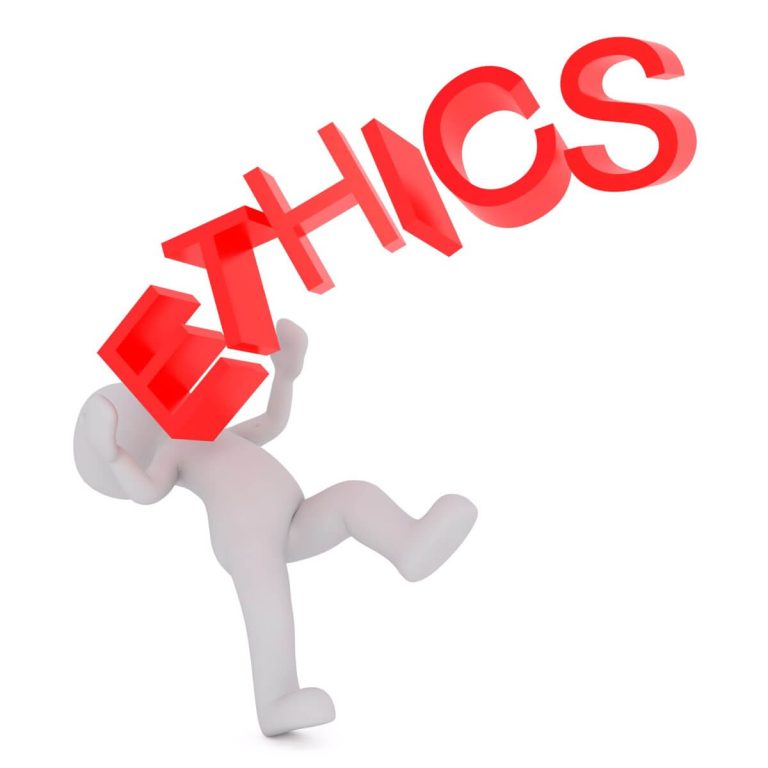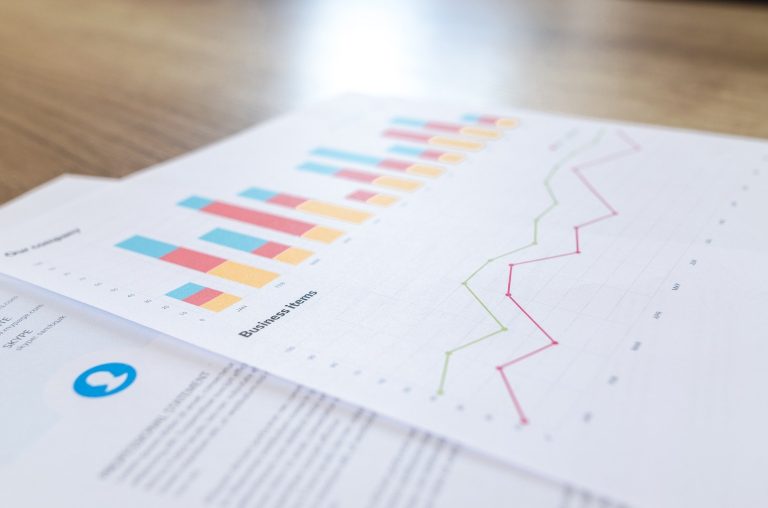
June 2025 Insights newsletter
Latest vlog In this month’s vlog, Peter Herbert discusses the revised ICAEW Code of Ethics. Latest blog In June’s blog, we discuss the impact of the FRS

Latest vlog In this month’s vlog, Peter Herbert discusses the revised ICAEW Code of Ethics. Latest blog In June’s blog, we discuss the impact of the FRS

The revenue and leasing changes within the FRS 102 periodic review continue to prompt lots of discussions on courses, but what about changes to FRS 102

In this month’s vlog, Peter Herbert discusses the revised ICAEW code of ethics.

Latest vlog In this month’s vlog, Peter Herbert goes back to basics on materiality and performance materiality. Latest blog In May’s blog, we discuss the new ‘five step model’

As the implementation of the FRS 102 periodic review gets closer, we are getting lots of questions on courses about the new ‘five step model’ for

In this month’s vlog, Peter Herbert goes back to basics on materiality and performance materiality.

Latest vlog In this month’s vlog, Peter Herbert discusses the charity SORP consultation, Latest blog In April’s blog, Nicky Clough gives five top tips for successful audit managers.

In this month’s vlog, Peter Herbert discusses the charity SORP consultation.

What’s the job of an audit manager? And what makes a good one? You might be an audit manager already, aspire to be one or perhaps

Latest vlog In this month’s vlog, Peter Herbert discusses the revised ICAEW Code of Ethics. Latest blog In June’s blog, we discuss the impact of the FRS

The revenue and leasing changes within the FRS 102 periodic review continue to prompt lots of discussions on courses, but what about changes to FRS 102

In this month’s vlog, Peter Herbert discusses the revised ICAEW code of ethics.

Latest vlog In this month’s vlog, Peter Herbert goes back to basics on materiality and performance materiality. Latest blog In May’s blog, we discuss the new ‘five step model’

As the implementation of the FRS 102 periodic review gets closer, we are getting lots of questions on courses about the new ‘five step model’ for

In this month’s vlog, Peter Herbert goes back to basics on materiality and performance materiality.

Latest vlog In this month’s vlog, Peter Herbert discusses the charity SORP consultation, Latest blog In April’s blog, Nicky Clough gives five top tips for successful audit managers.

In this month’s vlog, Peter Herbert discusses the charity SORP consultation.

What’s the job of an audit manager? And what makes a good one? You might be an audit manager already, aspire to be one or perhaps
© 2024 Insight Training | All Rights Reserved | Disclaimer | Privacy Policy | Website by Greenlight Web